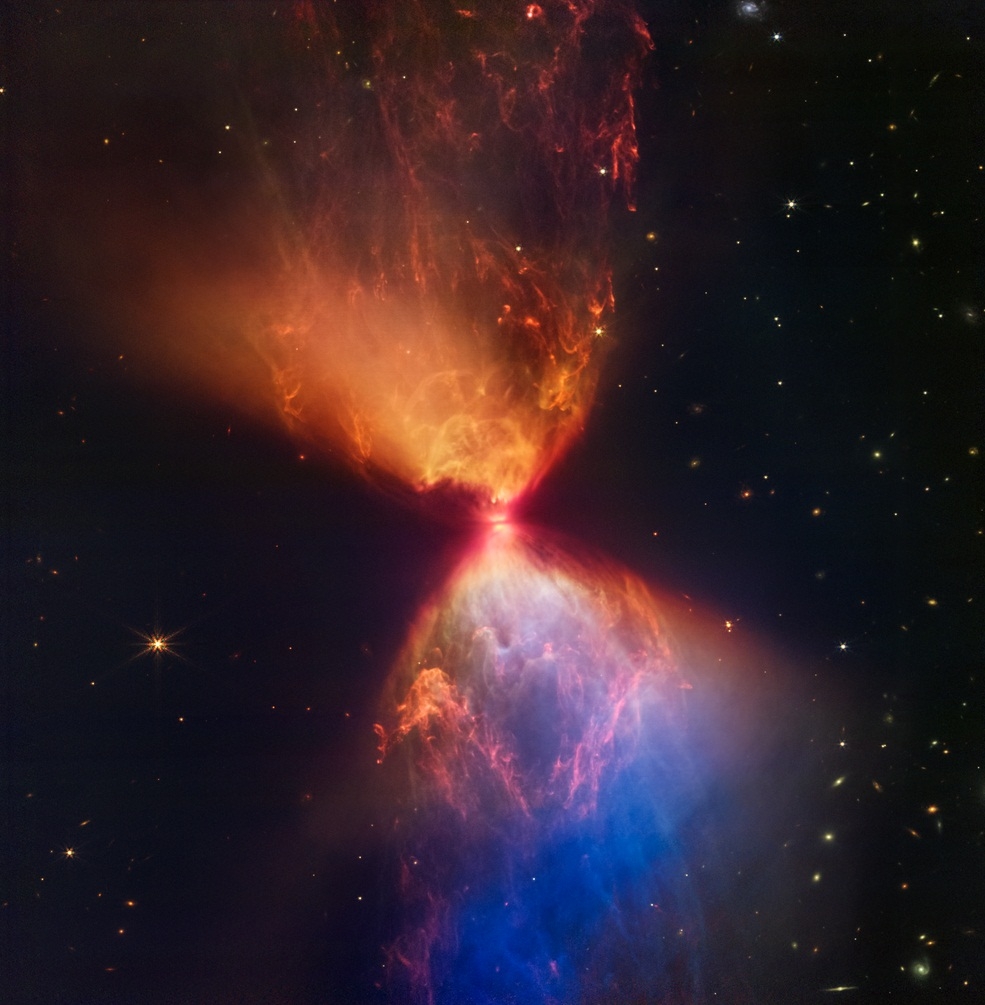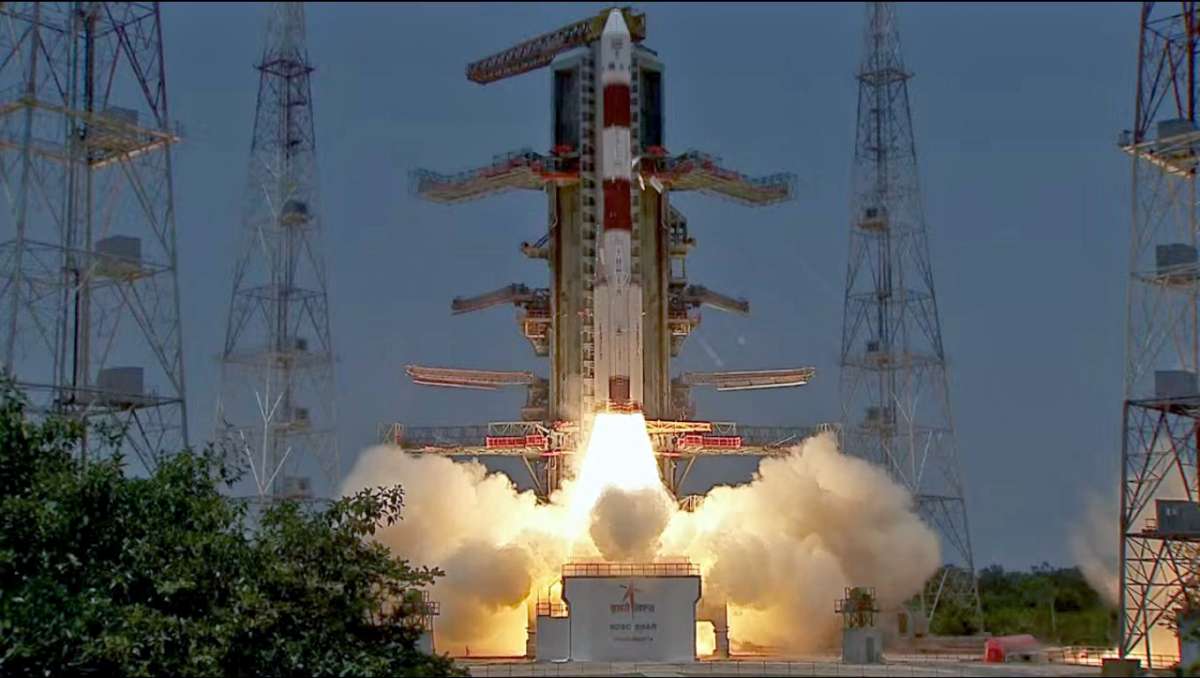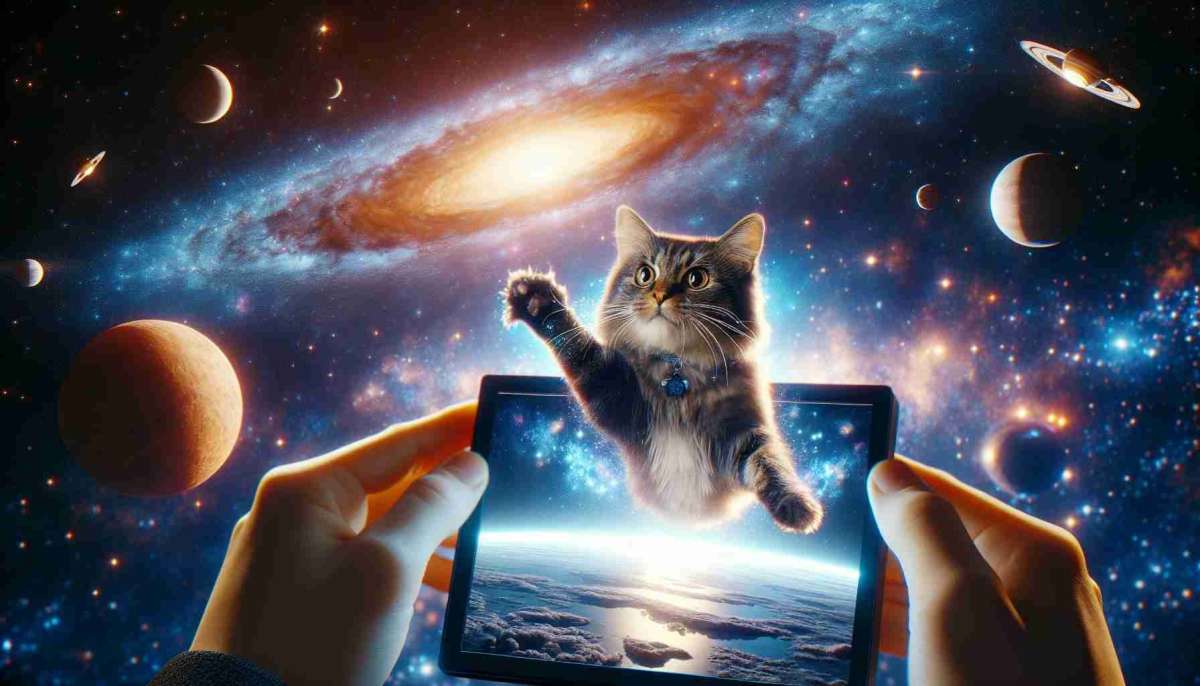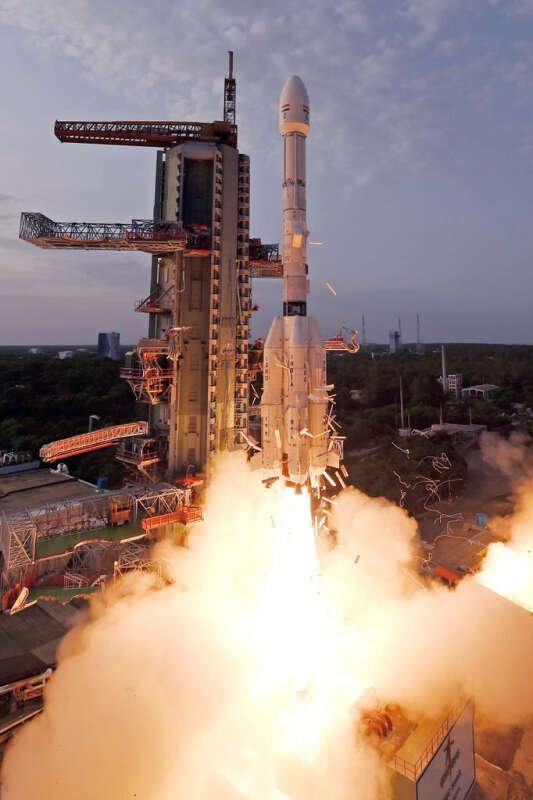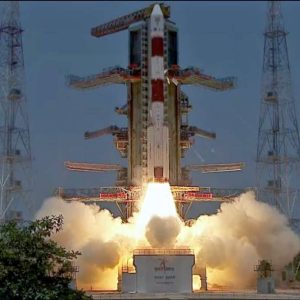The survey included 10 galaxy clusters as far away as nearly 10 billion light-years…reports Asian Lite News
In giant clusters of hundreds or thousands of galaxies, innumerable stars wander like lost souls, emitting a ghostly haze of light. These stars are not gravitationally tied to any one galaxy in a cluster.
The nagging question for astronomers has been: how did the stars get so scattered throughout the cluster in the first place? Several competing theories include the possibility that the stars were stripped out of a cluster’s galaxies, or they were tossed around after mergers of galaxies, or they were present early in a cluster’s formative years many billions of years ago. A recent infrared survey from NASA’s Hubble Space Telescope, which looked for this so-called ‘intracluster light’, sheds new light on the mystery. The new Hubble observations suggest that these stars have been wandering around for billions of years, and are not a product of more recent dynamical activity inside a galaxy cluster that would strip them out of normal galaxies.
The survey included 10 galaxy clusters as far away as nearly 10 billion light-years. These measurements must be made from space because the faint intracluster light is 10,000 times dimmer than the night sky as seen from the ground.
The survey reveals that the fraction of the intracluster light relative to the total light in the cluster remains constant, looking over billions of years back into time. “This means that these stars were already homeless in the early stages of the cluster’s formation,” said James Jee of Yonsei University in Seoul, South Korea. His results are being published in the January 5 issue of Nature magazine.
Stars can be scattered outside of their galactic birthplace when a galaxy moves through gaseous material in the space between galaxies, as it orbits the center of the cluster. In the process, drag pushes gas and dust out of the galaxy. However, based on the new Hubble survey, Jee rules out this mechanism as the primary cause for the intracluster star production. That’s because the intracluster light fraction would increase over time to the present if stripping is the main player. But that is not the case in the new Hubble data, which show a constant fraction over billions of years.
“We don’t exactly know what made them homeless. Current theories cannot explain our results, but somehow they were produced in large quantities in the early universe,” said Jee, adding, “In their early formative years, galaxies might have been pretty small and they bled stars pretty easily because of a weaker gravitational grasp.”
“If we figure out the origin of intracluster stars, it will help us understand the assembly history of an entire galaxy cluster, and they can serve as visible tracers of dark matter enveloping the cluster,” said Hyungjin Joo of Yonsei University, the first author of the paper. Dark matter is the invisible scaffolding of the universe, which holds galaxies, and clusters of galaxies, together. (ANI)


